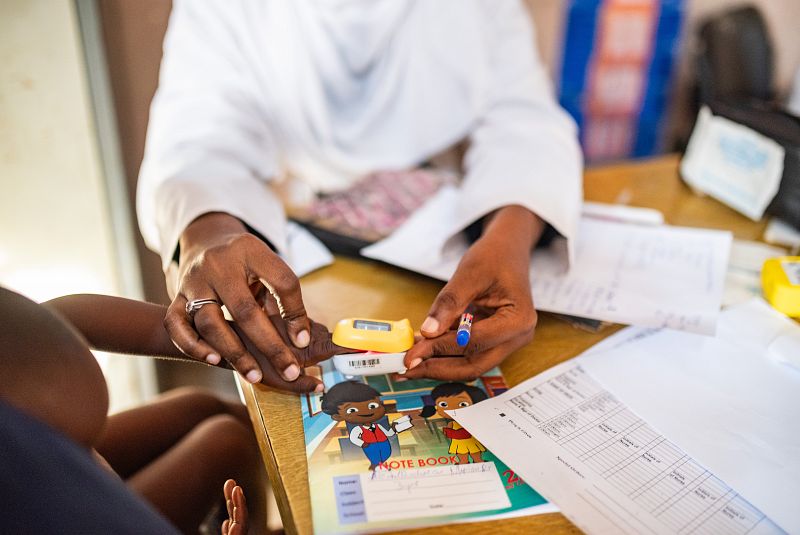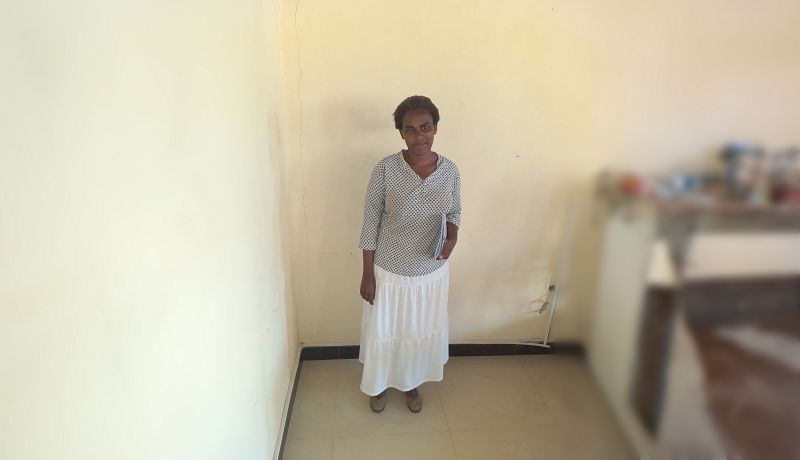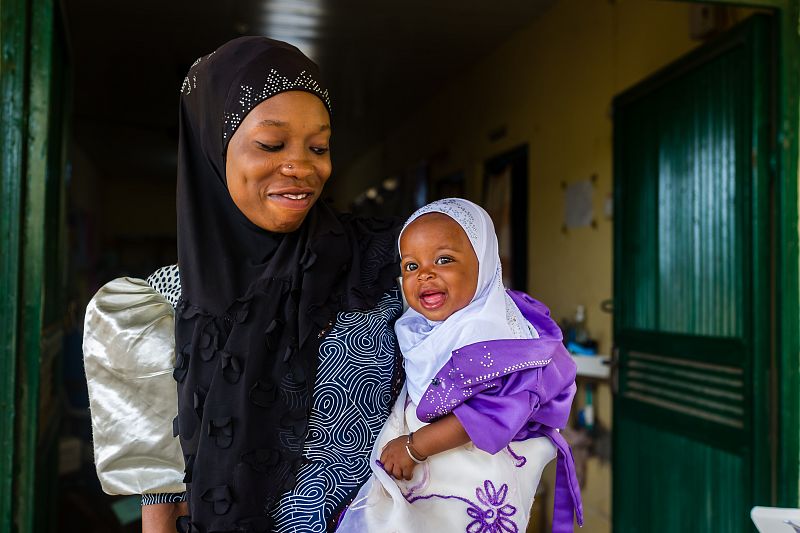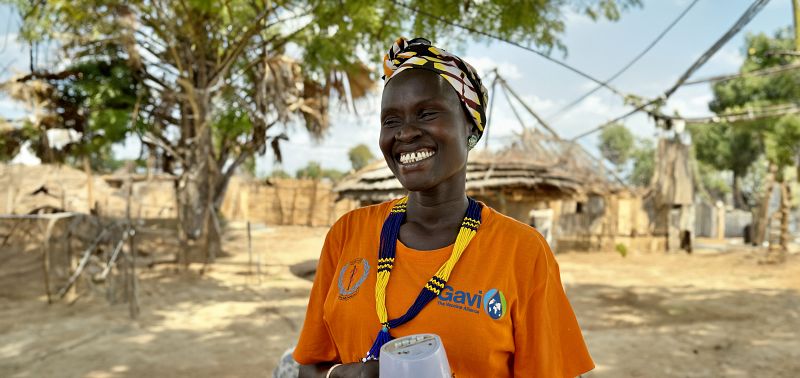Publications
Explore our publications to find useful evidence, lessons and recommendations from our work across Africa and Asia
Type
- Advocacy and positioning
- Advocacy briefs
- Advocacy reports
- Annual reviews
- Brochures
- Capacity statements
- Position statements
- Conference
- Briefing notes
- Posters
- Presentations
- Guidance and toolkits
- Guidance
- Training materials
- Learning
- Case studies
- Infographics
- Insight briefs
- Learning briefs
- Learning papers
- Newsletters
- Research and Technical
- Journal articles
- Project briefs
- Project reports
- Research briefs
- Synopses
- Technical briefs
Keyword
- ASTMH
- Advocacy
- COVID-19
- Capacity development
- Case management
- Case study
- Chemoprevention
- Child survival
- Climate
- Community delivery
- Costing and economic impact evaluation
- Data-informed decision-making
- Diagnosis
- Digital health
- Elimination
- Evidence generation
- Gender
- Genetic modification
- Health financing
- Health system strengthening
- Learning
- Logistics
- MNCH
- Malaria in pregnancy
- Monitoring and evaluation
- PMC
- Philanthropy
- Policy development
- Private sector
- Quality improvement
- Research
- Resistance management
- SBC
- SDGs
- SMC
- Scaled implementation
- Scholarships
- Surveillance
- Treatment
- Universal health coverage
- Urbanisation
- Vaccines
- Vector control
- Webinars
- iCCM
Diseases
Country
Language
Reset all search optionsCurrent search filters (41 results match ALL terms):
Dengue
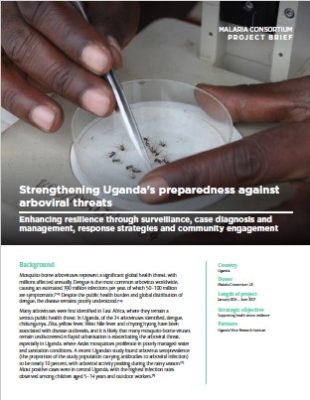 28/03/2024
Project brief
28/03/2024
Project brief
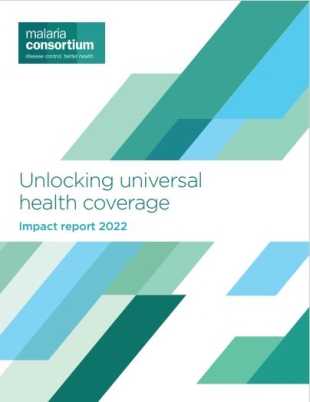 10/01/2023
Annual review
10/01/2023
Annual review
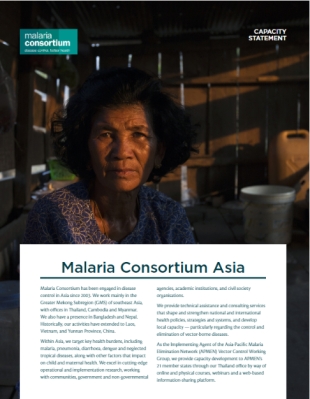 23/05/2022
Capacity statement
23/05/2022
Capacity statement
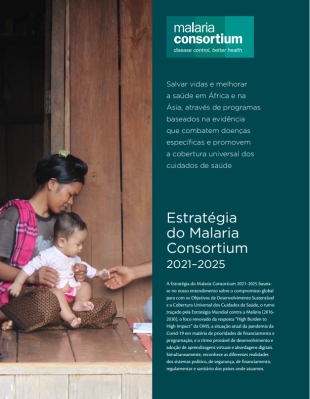 22/11/2021
Annual review
22/11/2021
Annual review
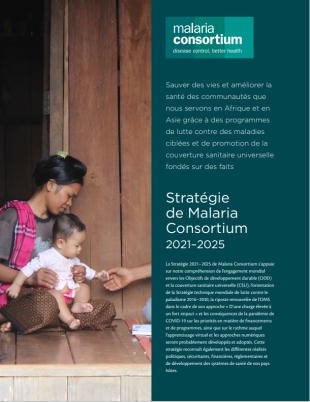 22/11/2021
Annual review
22/11/2021
Annual review
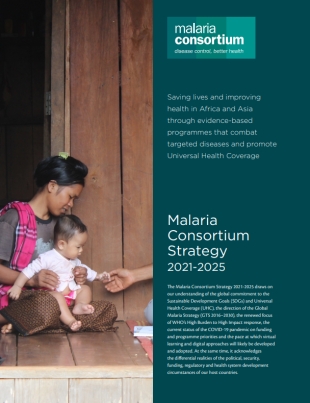 09/11/2021
Annual review
09/11/2021
Annual review
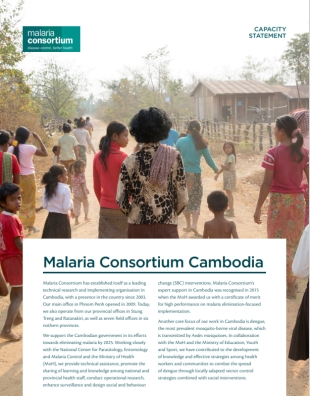 24/09/2021
Capacity statement
24/09/2021
Capacity statement
 07/09/2021
Journal article
07/09/2021
Journal article
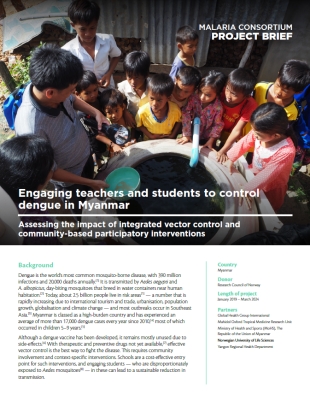 24/02/2021
Project brief
24/02/2021
Project brief
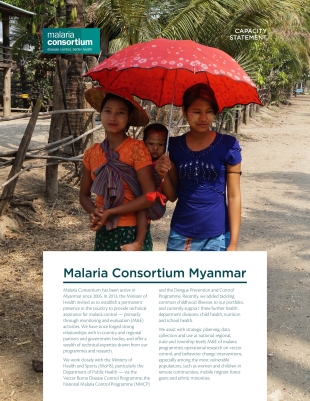 23/12/2020
Capacity statement
23/12/2020
Capacity statement
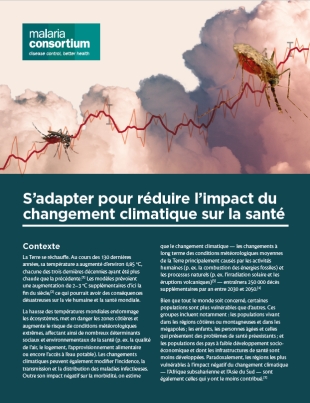 16/07/2020
Position statement
16/07/2020
Position statement
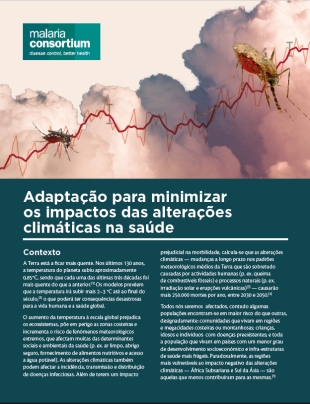 16/07/2020
Position statement
16/07/2020
Position statement
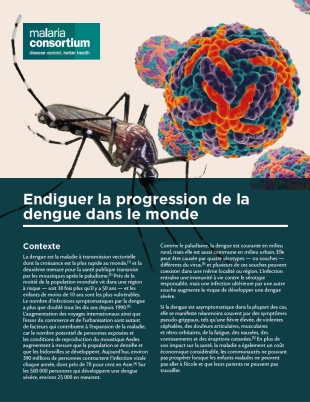 11/06/2020
Position statement
11/06/2020
Position statement
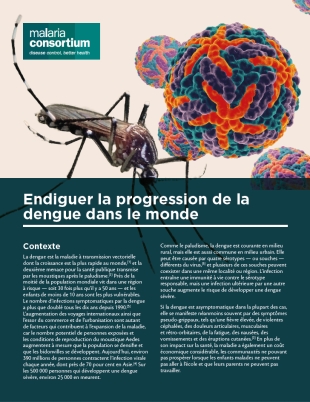 11/06/2020
Position statement
11/06/2020
Position statement
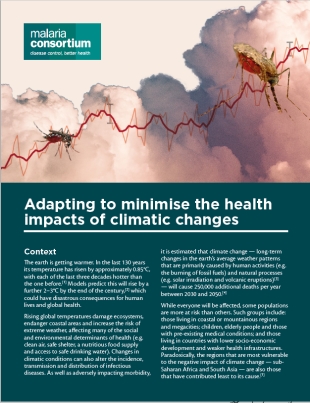 05/06/2020
Position statement
05/06/2020
Position statement
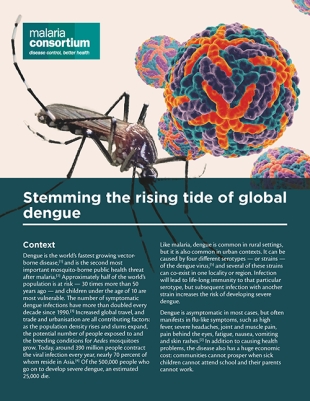 24/03/2020
Position statement
24/03/2020
Position statement
 17/12/2019
Journal article
17/12/2019
Journal article
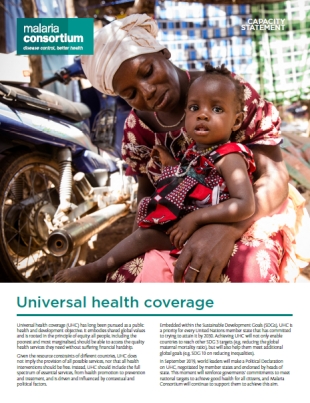 20/05/2019
Capacity statement
20/05/2019
Capacity statement
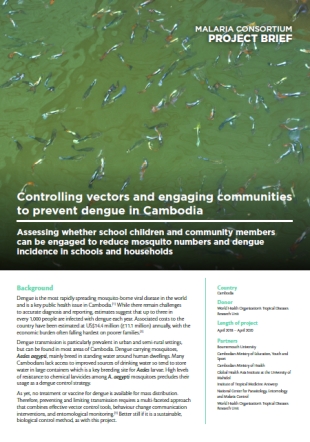 17/05/2019
Project brief
17/05/2019
Project brief
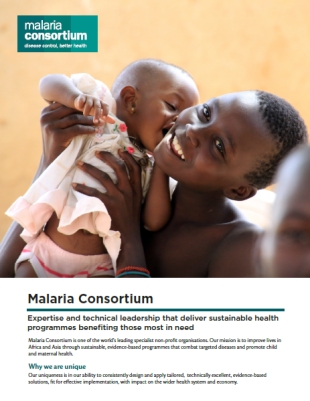 30/03/2019
Capacity statement
30/03/2019
Capacity statement
 10/03/2019
Journal article
10/03/2019
Journal article
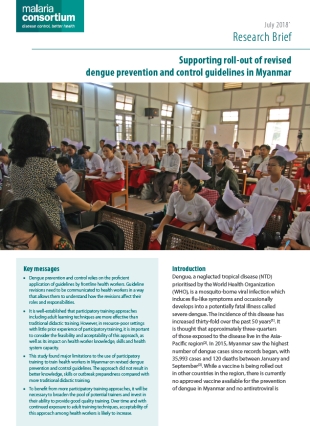 20/07/2018
Research brief
20/07/2018
Research brief
 14/03/2018
Journal article
14/03/2018
Journal article
 16/02/2018
Journal article
16/02/2018
Journal article
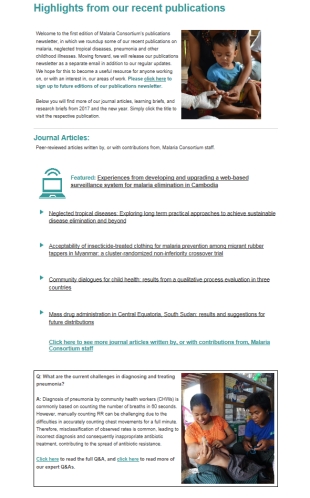 12/02/2018
Newsletter
12/02/2018
Newsletter
 09/10/2017
Journal article
09/10/2017
Journal article
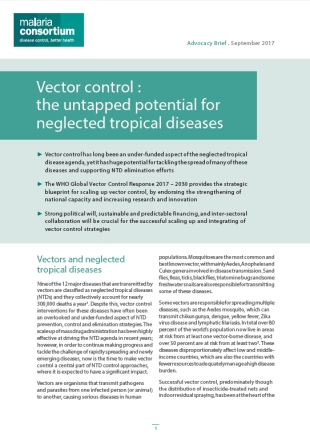 27/09/2017
Advocacy brief
27/09/2017
Advocacy brief
 07/08/2017
Journal article
07/08/2017
Journal article
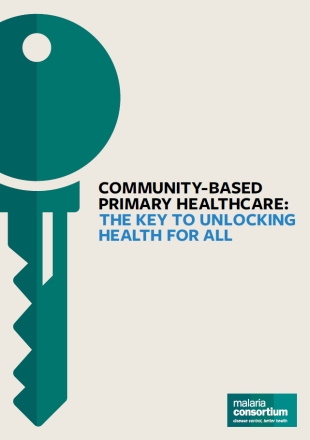 02/08/2017
Advocacy report
02/08/2017
Advocacy report
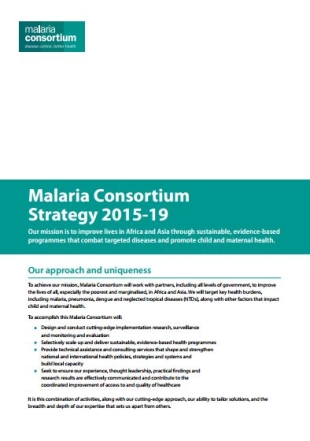 03/02/2017
Annual review
03/02/2017
Annual review
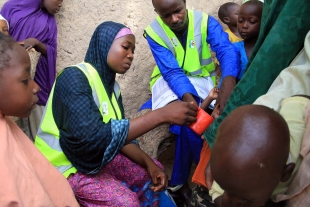 17/01/2017
Newsletter
17/01/2017
Newsletter
 22/12/2016
Newsletter
22/12/2016
Newsletter
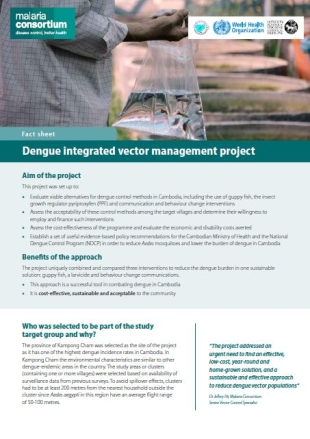 30/11/2016
Technical brief
30/11/2016
Technical brief
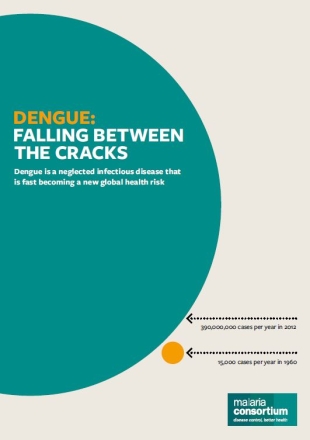 24/11/2016
Advocacy report
24/11/2016
Advocacy report
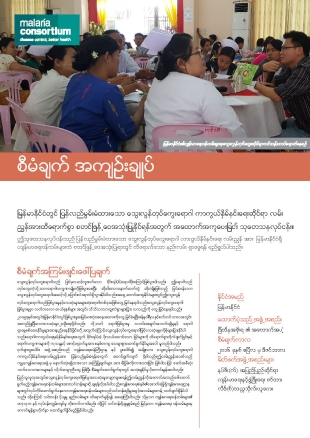 15/06/2016
Project brief
15/06/2016
Project brief
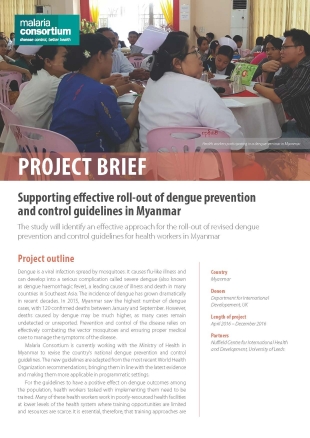 15/06/2016
Project brief
15/06/2016
Project brief
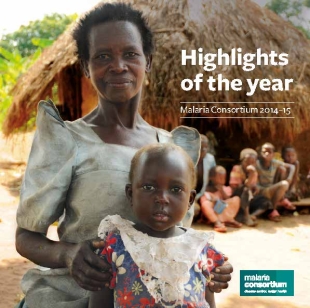 15/12/2015
Annual review
15/12/2015
Annual review
 09/12/2015
Advocacy brief
09/12/2015
Advocacy brief
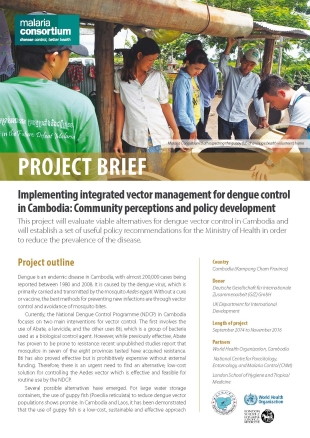 30/10/2015
Project brief
30/10/2015
Project brief
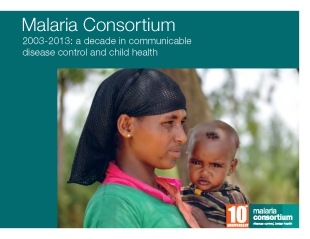 24/02/2014
Annual review
24/02/2014
Annual review
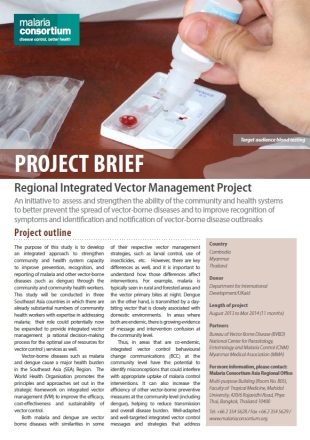 01/10/2013
Project brief
01/10/2013
Project brief
Dengue
 28/03/2024
Project brief
28/03/2024
Project brief
Strengthening Uganda’s preparedness against arboviral threats
We are establishing a robust arboviral surveillance system as well as running training programmes and public awareness campaigns to bolster Uganda's defences against mosquito-borne viruses. 28/03/2024We are establishing a robust arboviral surveillance system as well as running training programmes and public awareness campaigns to bolster Uganda's defences against mosquito-borne viruses.
 10/01/2023
Annual review
10/01/2023
Annual review
Unlocking universal health coverage: Impact report 2022
This report highlights how Malaria Consortium is contributing towards universal health coverage. 10/01/2023This report highlights how Malaria Consortium is contributing towards universal health coverage.
 23/05/2022
Capacity statement
23/05/2022
Capacity statement
Malaria Consortium Asia
In Asia, we provide technical assistance and consulting services that shape and strengthen national and international health policies and develop local capacity. 23/05/2022In Asia, we provide technical assistance and consulting services that shape and strengthen national and international health policies and develop local capacity.
 22/11/2021
Annual review
22/11/2021
Annual review
Estratégia do Malaria Consortium 2021–2025
Sabemos que é impossível aplicar umaabordagem única e adaptamo-nos às circunstâncias locais. Temos uma vontade permanente de investigar, melhorar, adaptar e aperfeiçoar. 22/11/2021Sabemos que é impossível aplicar umaabordagem única e adaptamo-nos às circunstâncias locais. Temos uma vontade permanente de investigar, melhorar, adaptar e aperfeiçoar.
 22/11/2021
Annual review
22/11/2021
Annual review
Stratégie de Malaria Consortium 2021–2025
Nous nous adaptons aux circonstances locales et nous sommes animés d’un désir constant de recherche, d’amélioration et d’adaptation. 22/11/2021Nous nous adaptons aux circonstances locales et nous sommes animés d’un désir constant de recherche, d’amélioration et d’adaptation.
 09/11/2021
Annual review
09/11/2021
Annual review
Malaria Consortium Strategy 2021–2025
We adapt to local circumstances and bring a constant desire to research, improve, adapt and refine, accepting that no one has a monopoly on good ideas. 09/11/2021We adapt to local circumstances and bring a constant desire to research, improve, adapt and refine, accepting that no one has a monopoly on good ideas.
 24/09/2021
Capacity statement
24/09/2021
Capacity statement
Malaria Consortium Cambodia
Malaria Consortium has established itself as a leading technical research and implementing organisation in Cambodia, with a presence in the country since 2003. 24/09/2021Malaria Consortium has established itself as a leading technical research and implementing organisation in Cambodia, with a presence in the country since 2003.
 07/09/2021
Journal article
07/09/2021
Journal article
Field efficacy of larvivorous fish and pyriproxyfen combined with community engagement on dengue vectors in Cambodia
This trial aimed to demonstrate the community effectiveness of guppies, PPF and COMBI activities in reducing numbers of Aedes mosquitoes. 07/09/2021This trial aimed to demonstrate the community effectiveness of guppies, PPF and COMBI activities in reducing numbers of Aedes mosquitoes.
 24/02/2021
Project brief
24/02/2021
Project brief
Engaging teachers and students to control dengue in Myanmar
The My School project in Myanmar aims to assess the impact of integrated vector control and community-based participatory interventions in schools. 24/02/2021The My School project in Myanmar aims to assess the impact of integrated vector control and community-based participatory interventions in schools.
 23/12/2020
Capacity statement
23/12/2020
Capacity statement
Malaria Consortium Myanmar
In Myanmar, we have forged strong relationships with in-country and regional partners and government bodies, and offer a wealth of technical expertise. 23/12/2020In Myanmar, we have forged strong relationships with in-country and regional partners and government bodies, and offer a wealth of technical expertise.
 16/07/2020
Position statement
16/07/2020
Position statement
S’adapter pour réduire l’impact du changement climatique sur la santé
Nous pensons qu’il est essentiel de continuer à intégrer les réponses aux risques liés au climat dans nos programmes. 16/07/2020Nous pensons qu’il est essentiel de continuer à intégrer les réponses aux risques liés au climat dans nos programmes.
 16/07/2020
Position statement
16/07/2020
Position statement
Adaptação para minimizar os impactos das alterações climáticas na saúde
Consideramos essencial continuar a incorporar respostas aos riscos relacionados com o clima nos nossos programas. 16/07/2020Consideramos essencial continuar a incorporar respostas aos riscos relacionados com o clima nos nossos programas.
 11/06/2020
Position statement
11/06/2020
Position statement
Endiguer la progression de la dengue dans le monde
Pour lutter contre la dengue, nous devons de toute urgence augmenter le financement de la mise au point de vaccins et renforcer la collaboration mondiale. 11/06/2020Pour lutter contre la dengue, nous devons de toute urgence augmenter le financement de la mise au point de vaccins et renforcer la collaboration mondiale.
 11/06/2020
Position statement
11/06/2020
Position statement
Conter o crescimento da dengue a nível global
Para combater a dengue, precisamos urgentemente aumentar o financiamento para o desenvolvimento de vacinas e aumentar a colaboração global. 11/06/2020Para combater a dengue, precisamos urgentemente aumentar o financiamento para o desenvolvimento de vacinas e aumentar a colaboração global.
 05/06/2020
Position statement
05/06/2020
Position statement
Adapting to minimise the health impacts of climatic changes
We believe it is essential to continue to incorporate responses to climate-related risks into our programmes. 05/06/2020We believe it is essential to continue to incorporate responses to climate-related risks into our programmes.
 24/03/2020
Position statement
24/03/2020
Position statement
Stemming the rising tide of global dengue
To tackle dengue, we urgently need to increase funding for vaccine development, improve real-time case surveillance systems, vector control and enhance global collaboration. 24/03/2020To tackle dengue, we urgently need to increase funding for vaccine development, improve real-time case surveillance systems, vector control and enhance global collaboration.
 17/12/2019
Journal article
17/12/2019
Journal article
Implementation of guppy fish (Poecilia reticulata), and a novel larvicide (Pyriproxyfen) product (Sumilarv 2MR) for dengue control in Cambodia
This study looks at community perceptions of biological controls to overcome insecticide resistance, for consideration in dengue control strategies. 17/12/2019This study looks at community perceptions of biological controls to overcome insecticide resistance, for consideration in dengue control strategies.
 20/05/2019
Capacity statement
20/05/2019
Capacity statement
Universal health coverage capacity statement
This capacity statement outlines our contribution to supporting countries to achieve universal health coverage (UHC). Malaria Consortium considers UHC, as defined by the World Health Organization (WHO), fundamental to the… 20/05/2019This capacity statement outlines our contribution to supporting countries to achieve universal health coverage (UHC). Malaria Consortium considers UHC, as defined by the World Health Organization (WHO), fundamental to the design and implementation of all our programmes. Our tailored interventions…
 17/05/2019
Project brief
17/05/2019
Project brief
Controlling vectors and engaging communities to prevent dengue in Cambodia
We trialed a socio-ecological vector control strategy using guppy fish distribution for larval source control and low-cost mosquito traps. 17/05/2019We trialed a socio-ecological vector control strategy using guppy fish distribution for larval source control and low-cost mosquito traps.
 30/03/2019
Capacity statement
30/03/2019
Capacity statement
Malaria Consortium's global capability statement
Our global capability statement describes our approach and expertise, and details the way we work. 30/03/2019Our global capability statement describes our approach and expertise, and details the way we work.
 10/03/2019
Journal article
10/03/2019
Journal article
Dengue situation in Bangladesh: An epidemiological shift in terms of morbidity and mortality
In this study, climatic changes and rapid unplanned urbanisation were strong predictors of an ecological imbalance that led to increased dengue cases. 10/03/2019In this study, climatic changes and rapid unplanned urbanisation were strong predictors of an ecological imbalance that led to increased dengue cases.
 20/07/2018
Research brief
20/07/2018
Research brief
Supporting roll-out of revised dengue prevention and control guidelines in Myanmar
While clear and concise dengue prevention and control guidelines are necessary, it is also crucial that implementers are trained on how these affect their roles and responsibilities. This study compares… 20/07/2018While clear and concise dengue prevention and control guidelines are necessary, it is also crucial that implementers are trained on how these affect their roles and responsibilities. This study compares two approaches used to train health workers in Myanmar: basic…
 14/03/2018
Journal article
14/03/2018
Journal article
Resistance of Aedes aegypti (Diptera: Culicidae) Populations to Deltamethrin, Permethrin, and Temephos in Cambodia
Background Dengue fever is a major public health issue in Cambodia, with over 185,000 cases estimated annually. Transmission occurs primarily through the Aedis aegypti vector, which favours environments where water storage… 14/03/2018Background Dengue fever is a major public health issue in Cambodia, with over 185,000 cases estimated annually. Transmission occurs primarily through the Aedis aegypti vector, which favours environments where water storage is abundant and solid waste disposal is deficient. This vector…
 16/02/2018
Journal article
16/02/2018
Journal article
Dengue knowledge, attitudes and practices and their impact on community-based vector control in rural Cambodia
BackgroundGlobally there are an estimated 390 million dengue infections per year, of which 96 million are clinically apparent. In Cambodia, estimates suggest as many as 185,850 cases annually. The World… 16/02/2018BackgroundGlobally there are an estimated 390 million dengue infections per year, of which 96 million are clinically apparent. In Cambodia, estimates suggest as many as 185,850 cases annually. The World Health Organization global strategy for dengue prevention aims to reduce…
 12/02/2018
Newsletter
12/02/2018
Newsletter
Our first publications newsletter: Highlights from our recent publications
Malaria Consortium launched the first edition of our publications newsletter with links to our most recent journal articles, papers and briefs. You can sign up to our publications newsletter here.… 12/02/2018Malaria Consortium launched the first edition of our publications newsletter with links to our most recent journal articles, papers and briefs. You can sign up to our publications newsletter here.
 09/10/2017
Journal article
09/10/2017
Journal article
Neglected tropical diseases: Exploring long-term practical approaches to achieve sustainable disease elimination and beyond
This paper identifies two major priorities in the fight against NTDs: strengthening the capacity of the primary health care health system in correctly diagnosing and managing such diseases, and establishing an effective… 09/10/2017This paper identifies two major priorities in the fight against NTDs: strengthening the capacity of the primary health care health system in correctly diagnosing and managing such diseases, and establishing an effective disease surveillance process.
 27/09/2017
Advocacy brief
27/09/2017
Advocacy brief
Vector control: The untapped potential for neglected tropical diseases
Nine of the 12 major diseases transmitted by vectors are classified as neglected tropical diseases (NTDs). Collectively, they account for nearly 300,000 deaths a year, yet vector control interventions for… 27/09/2017Nine of the 12 major diseases transmitted by vectors are classified as neglected tropical diseases (NTDs). Collectively, they account for nearly 300,000 deaths a year, yet vector control interventions for these diseases have often been overlooked and under-funded. To tackle…
 07/08/2017
Journal article
07/08/2017
Journal article
Determining the efficacy of guppies and pyriproxyfen (Sumilarv® 2MR) combined with community engagement on dengue vectors in Cambodia: Study protocol for a randomised controlled trial
Background Evidence on the effectiveness of low-cost, sustainable, biological vector-control tools for the Aedes mosquitoes is limited. Therefore, the purpose of this trial is to estimate the impact of guppy fish… 07/08/2017Background Evidence on the effectiveness of low-cost, sustainable, biological vector-control tools for the Aedes mosquitoes is limited. Therefore, the purpose of this trial is to estimate the impact of guppy fish (guppies), in combination with the use of the larvicide pyriproxyfen…
 02/08/2017
Advocacy report
02/08/2017
Advocacy report
Community-based primary healthcare: The key to unlocking health for all
Community-based primary healthcare (CBPHC) delivers a range of health services to hard-to-reach and under-served communities. It can be the mechanism through which universal health coverage can be made a reality… 02/08/2017Community-based primary healthcare (CBPHC) delivers a range of health services to hard-to-reach and under-served communities. It can be the mechanism through which universal health coverage can be made a reality and Sustainable Development Goal three can be achieved. Through CBPHC,…
 03/02/2017
Annual review
03/02/2017
Annual review
Malaria Consortium strategy 2015–2019
To achieve our mission, Malaria Consortium will work with partners — including all levels of government — to improve the lives of all in Africa and Asia, especially the poorest… 03/02/2017To achieve our mission, Malaria Consortium will work with partners — including all levels of government — to improve the lives of all in Africa and Asia, especially the poorest and most marginalised. We will target key health burdens, including…
 17/01/2017
Newsletter
17/01/2017
Newsletter
Newsletter: Top moments of 2016
In 2016, we continued to help improve lives in Africa and Asia through sustainable, evidence-based programmes that combat targeted diseases and promote child and maternal health with the support of… 17/01/2017In 2016, we continued to help improve lives in Africa and Asia through sustainable, evidence-based programmes that combat targeted diseases and promote child and maternal health with the support of our donors, partners and collaborators. Take a look at our…
 22/12/2016
Newsletter
22/12/2016
Newsletter
Malaria Consortium December newsletter: Dengue edition
It has been a busy time for Malaria Consortium's dengue projects. Over the last month, our experts have presented at a parliamentary Dengue round table event in London, the American… 22/12/2016It has been a busy time for Malaria Consortium's dengue projects. Over the last month, our experts have presented at a parliamentary Dengue round table event in London, the American Society of Tropical Medicine & Hygiene's 65th annual meeting (ASTMH)…
 30/11/2016
Technical brief
30/11/2016
Technical brief
Dengue integrated vector management project
This brief outlines the aims, methods and recommendations of Malaria Consortium's dengue integrated management project in Cambodia. The country has one of the highest per-capita incidence rates in the region.… 30/11/2016This brief outlines the aims, methods and recommendations of Malaria Consortium's dengue integrated management project in Cambodia. The country has one of the highest per-capita incidence rates in the region. The cost of dengue to society is high, with estimates…
 24/11/2016
Advocacy report
24/11/2016
Advocacy report
Dengue: Falling between the cracks
Dengue is one of the fastest growing infectious diseases in the world, with a huge impact on individuals, households, health systems and national economies. Over half the world’s population is… 24/11/2016Dengue is one of the fastest growing infectious diseases in the world, with a huge impact on individuals, households, health systems and national economies. Over half the world’s population is now at risk. Despite this, dengue has not received the…
 15/06/2016
Project brief
15/06/2016
Project brief
Supporting the effective roll-out of dengue prevention and control guidelines in Myanmar
Malaria Consortium is working with the Ministry of Health in Myanmar to revise the country’s national dengue prevention and control guidelines. For the guidelines to have a positive effect on… 15/06/2016Malaria Consortium is working with the Ministry of Health in Myanmar to revise the country’s national dengue prevention and control guidelines. For the guidelines to have a positive effect on dengue outcomes, health workers tasked with implementing them need to…
 15/06/2016
Project brief
15/06/2016
Project brief
Supporting the effective roll-out of dengue prevention and control guidelines in Myanmar
Malaria Consortium is working with the Ministry of Health in Myanmar to revise the country’s national dengue prevention and control guidelines. For the guidelines to have a positive effect on… 15/06/2016Malaria Consortium is working with the Ministry of Health in Myanmar to revise the country’s national dengue prevention and control guidelines. For the guidelines to have a positive effect on dengue outcomes, health workers tasked with implementing them need to…
 15/12/2015
Annual review
15/12/2015
Annual review
Annual review: Highlights of the year 2014–2015
In 2014–2015, we continued our work to reduce malaria deaths and incidence by helping governments tailor, innovate, adopt and apply interventions best suited to their needs. We also supported the… 15/12/2015In 2014–2015, we continued our work to reduce malaria deaths and incidence by helping governments tailor, innovate, adopt and apply interventions best suited to their needs. We also supported the delivery of integrated community case management programmes, extended our engagement…
 09/12/2015
Advocacy brief
09/12/2015
Advocacy brief
Universal health coverage and malaria, neglected tropical diseases and child health
Universal health coverage (UHC) is central to achieving Sustainable Development Goal 3 and realising “healthy lives for all”. This advocacy brief outlines how UHC can be achieved and what is… 09/12/2015Universal health coverage (UHC) is central to achieving Sustainable Development Goal 3 and realising “healthy lives for all”. This advocacy brief outlines how UHC can be achieved and what is needed to make health services made available to everyone, patricularly…
 30/10/2015
Project brief
30/10/2015
Project brief
Implementing integrated vector management for dengue control in Cambodia: Community perceptions and policy development
This project will evaluate viable alternatives for dengue vector control in Cambodia and will establish a set of useful policy recommendations for the Ministry of Health to help reduce the… 30/10/2015This project will evaluate viable alternatives for dengue vector control in Cambodia and will establish a set of useful policy recommendations for the Ministry of Health to help reduce the prevalence of the disease.
 24/02/2014
Annual review
24/02/2014
Annual review
Malaria Consortium 2003-2013: a decade in communicable disease control and child health
Malaria Consortium was founded in 2003 by a small team of people with a vision - to build the capacity of malaria-endemic countries worldwide to deal with a common and… 24/02/2014Malaria Consortium was founded in 2003 by a small team of people with a vision - to build the capacity of malaria-endemic countries worldwide to deal with a common and treatable disease that was devastating the lives of poor and…
 01/10/2013
Project brief
01/10/2013
Project brief
